Filter by
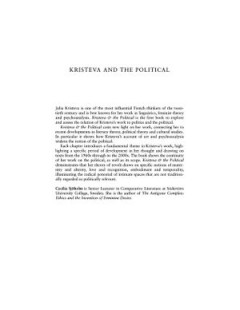
Kristeva and the Political
Julia Kristeva is one of the most influential French thinkers of the twentieth century and is best known for her work in linguistics. Even though her work has been very influential, the political implications of her writings have so far been neglected. Kristeva and the Political is the first book to explore the relation of Kristeva's work to the political and casts new light on her work, connec…
- Edition
- -
- ISBN/ISSN
- 9780203326954
- Collation
- -
- Series Title
- -
- Call Number
- -
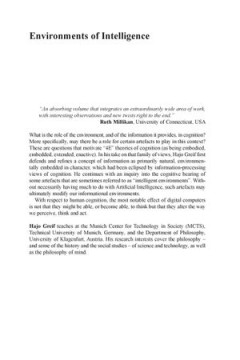
Environments of Intelligence
What is the role of the environment, and of the information it provides, in cognition? More specifically, may there be a role for certain artefacts to play in this context? These are questions that motivate "4E" theories of cognition (as being embodied, embedded, extended, enactive). In his take on that family of views, Hajo Greif first defends and refines a concept of information as primarily …
- Edition
- -
- ISBN/ISSN
- 9781315408101
- Collation
- -
- Series Title
- -
- Call Number
- -
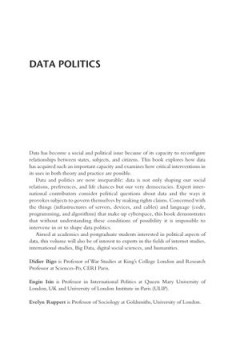
Data Politics
Data has become a social and political issue because of its capacity to reconfigure relationships between states, subjects, and citizens. This book explores how data has acquired such an important capacity and examines how critical interventions in its uses in both theory and practice are possible. Data and politics are now inseparable: data is not only shaping our social relations, preferences…
- Edition
- -
- ISBN/ISSN
- 9781138053250
- Collation
- -
- Series Title
- -
- Call Number
- -
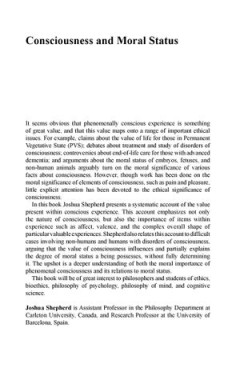
Consciousness and Moral Status
In this book Joshua Shepherd presents a systematic account of the value present within conscious experience. This account emphasizes not only the nature of consciousness, but also the importance of items within experience such as affect, valence, and the complex overall shape of particular valuable experiences. Shepherd also relates this account to difficult cases involving non-humans and human…
- Edition
- -
- ISBN/ISSN
- 9781138221611
- Collation
- -
- Series Title
- -
- Call Number
- -
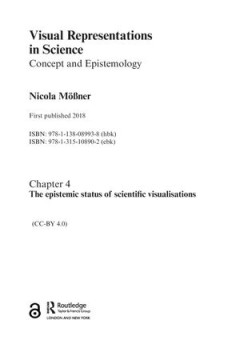
Chapter 4: The epistemic status of scientific visualisations
As the considerations in the previous chapter made clear, visual representations are, without doubt, part of many epistemic processes in contemporary science. Scientists present diagrams in their publications and talks to communicate their research results. They investigate computer-generated images as substitutes for research objects. Drawings in textbooks are used to educate novices, to intro…
- Edition
- volome 13.0
- ISBN/ISSN
- 9781315108902
- Collation
- -
- Series Title
- -
- Call Number
- -
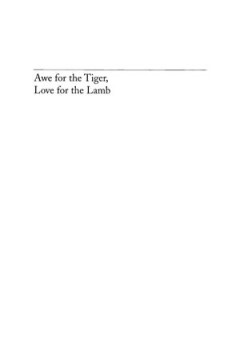
Awe for the Tiger, Love for the Lamb
First Published in 2003. Routledge is an imprint of Taylor & Francis, an informa company.
- Edition
- -
- ISBN/ISSN
- 9780203491805
- Collation
- -
- Series Title
- -
- Call Number
- -
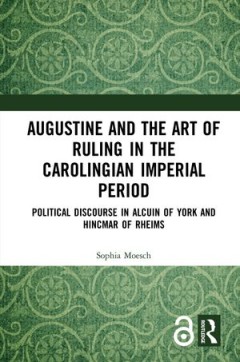
Augustine and the Art of Ruling in the Carolingian Imperial Period
The Open Access version of this book, available at http://www.tandfebooks.com/doi/view/10.4324/9781351116022, has been made available under a Creative Commons Attribution-Non Commercial-No Derivatives 4.0 licence. DOI https://doi.org/10.4324/9781351116022Published with the support of the Swiss National Science Foundation.This volume is an investigation of how Augustine was received in the Carol…
- Edition
- Edisi 1
- ISBN/ISSN
- 9781351116015
- Collation
- -
- Series Title
- -
- Call Number
- -
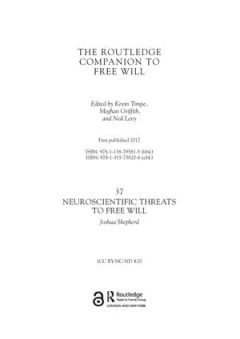
37 Neuroscientific Threats to Free Will
In this chapter, I review recent work on neuroscientifi c threats to free will. What is it for something to threaten free will? Consider, fi rst, an apparent threat. You are walking in the dark, and a shadow looms in the distance. It certainly appears threatening, but you are not sure. What do you do? You consider the source of the threat (the thing casting the shadow, and you attempt to discov…
- Edition
- -
- ISBN/ISSN
- 9781138795815
- Collation
- -
- Series Title
- -
- Call Number
- -
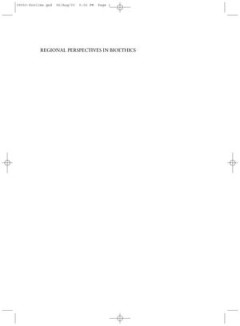
Annals of Bioethics
Regional Perspectives in Bioethics" illustrates the ways in which the national and international political landscape encompasses persons from diverse and often fragmented moral communities with widely varying moral intuitions, premises, evaluations and commitments.
- Edition
- -
- ISBN/ISSN
- 9780203971024
- Collation
- -
- Series Title
- -
- Call Number
- -
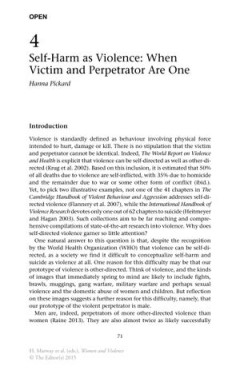
Self-Harm As Violence
This edited collection explores the agency of women who do violence and have violence done to them. Topics covered include rape, pornography, prostitution, suicide bombing and domestic violence. The volume contributes to the philosophical and theoretical debate, as well as offering practical, social and political responses to the issues examined.
- Edition
- -
- ISBN/ISSN
- 9781137015112
- Collation
- -
- Series Title
- -
- Call Number
- -
 Computer Science, Information & General Works
Computer Science, Information & General Works  Philosophy & Psychology
Philosophy & Psychology  Religion
Religion  Social Sciences
Social Sciences  Language
Language  Pure Science
Pure Science  Applied Sciences
Applied Sciences  Art & Recreation
Art & Recreation  Literature
Literature  History & Geography
History & Geography